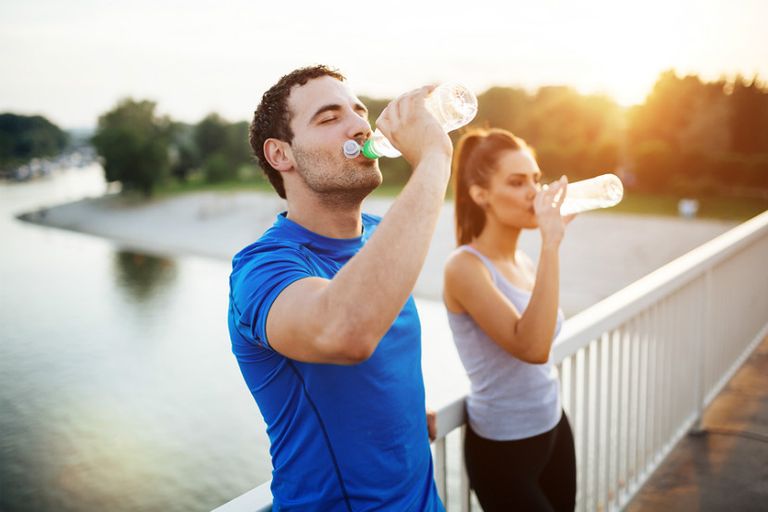
It's crucial to consume adequate water on a daily basis, particularly if you participate in sports and may require electrolytes. It's critical to consume adequate fluids prior to, during, and following an exercise or sport. Individuals may lose up to two quarts of fluid—and salt—for every hour they spend active. Distance running, strenuous trekking, and cycling are examples of endurance exercises that can deplete up to three quarts of water in an hour.
Performance hinges on staying hydrated, although athletes and their trainers may forget to do so during a workout, game, or competition—not just before and after. Dehydration increases the likelihood of headaches, cramps, and more severe issues including heatstroke or other heat-related illnesses. When it comes to sports performance, dehydration is a major factor. When electrolytes and water levels are low, it can impact:
Performance in sports. Joint cushioning is provided by water, and dehydration can impair your speed and flexibility. Fortitude. In addition to preventing cramps, optimal muscular activity, especially that of the heart muscles, depends on enough hydration. Inhaling. Body fluids are needed during inhalation to moisten the air and facilitate the easier absorption of oxygen by the lungs. Feeling. Water is necessary for the brain to function. Dehydration can impair mood and focus, as well as produce headaches and irritability, in the same way that a dip in blood sugar can make someone "hangry."
The signs of dehydration. Adults and children alike are susceptible to dehydration, particularly during periods of physical activity. You can be underhydrating yourself if you wait until you're really thirsty before getting a drink.
You're probably too low on fluids by the moment you actually feel thirsty." Another hint is pee less frequent or smaller amounts of urine, together with the color of the urine, are indicators that one needs fluids: the ideal color of urine is a light straw yellow. You may need enough water if it's a more substantial yellow or golden color.
Additional signs of low fluid levels: Cramps in the muscles
Exhaustion
Dizziness
Lightheadedness
Bewilderment mucosal membranes and a dry mouth elevated respiration and heart rate .
In order to stay hydrated, what should athletes drink? And when? Athletes' preferred beverages include chocolate milk, water, sports drinks, and coffee. To stay hydrated, they may all contribute in some way.
Eat your hydration—along with lots of water—to stay hydrated. I advise combining fruit, such watermelon or pineapple, with electrolyte-infused water or sports drinks that contain vitamins C and B.
Upvoted. Thank You for sending some of your rewards to @null. Get more BLURT:
@ mariuszkarowski/how-to-get-automatic-upvote-from-my-accounts@ blurtbooster/blurt-booster-introduction-rules-and-guidelines-1699999662965@ nalexadre/blurt-nexus-creating-an-affiliate-account-1700008765859@ kryptodenno - win BLURT POWER delegationNote: This bot will not vote on AI-generated content